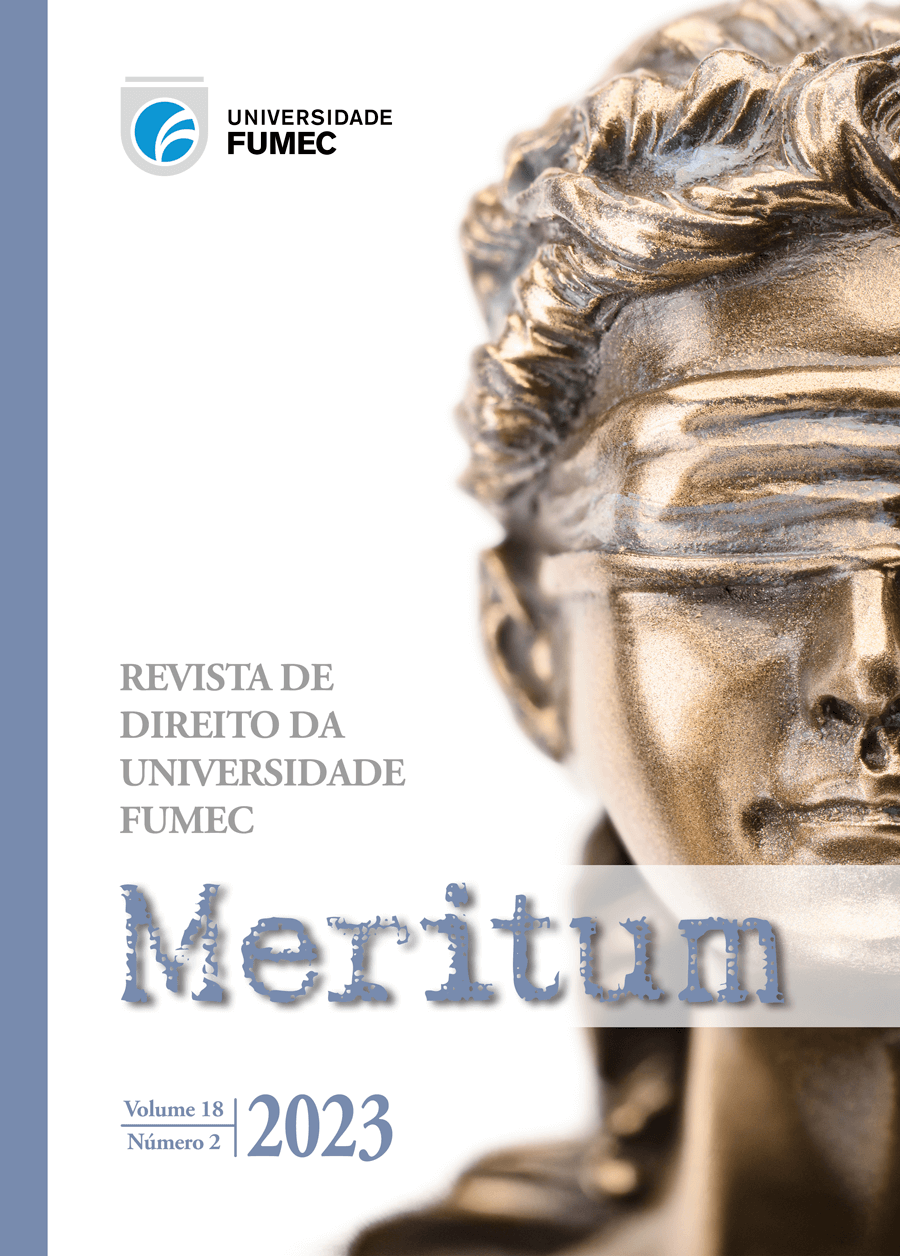LEGAL UNDERSTANDINGS ABOUT FREEDOM OF EXPRESSION ON THE INTERNET
DOI:
https://doi.org/10.46560/meritum.v18i2.9030Abstract
Today, freedom of expression, especially through the internet, is one of the main ways of externalizing ideas, opinions and searching for information used by contemporary western society, globally interconnected by communication technologies. Therefore, it is relevant to expose aspects concerning the understanding of this freedom, especially with regard to national and international legal understanding. In addition, issues are analyzed with regard to national rules, citing the Federal Constitution of 1988, the Civil Code of 2002, the Penal Code and the Civil Framework of the Internet, in addition to international stipulations that influenced our legal system, focusing on in the Universal Declaration of Human Rights of the United Nations Organizations and in the San José Pact of Costa Rica. These legal understandings thus shed light on vital aspects of how freedom of expression, including in virtual environments, has relevance for maintaining today's society, social justice, the dignification of human rights, democratic and egalitarian governments. In spite of this, it is a relative right that cannot clash with other basic guarantees inherent to people, such as the right to honor and privacy, and in the event that freedom of expression is abusive, the State can be punished, be civil and/or criminally.
Downloads
Published
Issue
Section
License
Autores que publicam nesta revista concordam com os seguintes termos:
- Autores mantém os direitos autorais e concedem à revista o direito de primeira publicação, com o trabalho simultaneamente licenciado sob a Licença Creative Commons Attribution que permite o compartilhamento do trabalho com reconhecimento da autoria e publicação inicial nesta revista;
- Autores têm autorização para assumir contratos adicionais separadamente, para distribuição não-exclusiva da versão do trabalho publicada nesta revista (ex.: publicar em repositório institucional ou como capítulo de livro), com reconhecimento de autoria e publicação inicial nesta revista;
- Autores têm permissão e são estimulados a publicar e distribuir seu trabalho online (ex.: em repositórios institucionais ou na sua página pessoal) a qualquer ponto antes ou durante o processo editorial, já que isso pode gerar alterações produtivas, bem como aumentar o impacto e a citação do trabalho publicado (Veja O Efeito do Acesso Livre).






